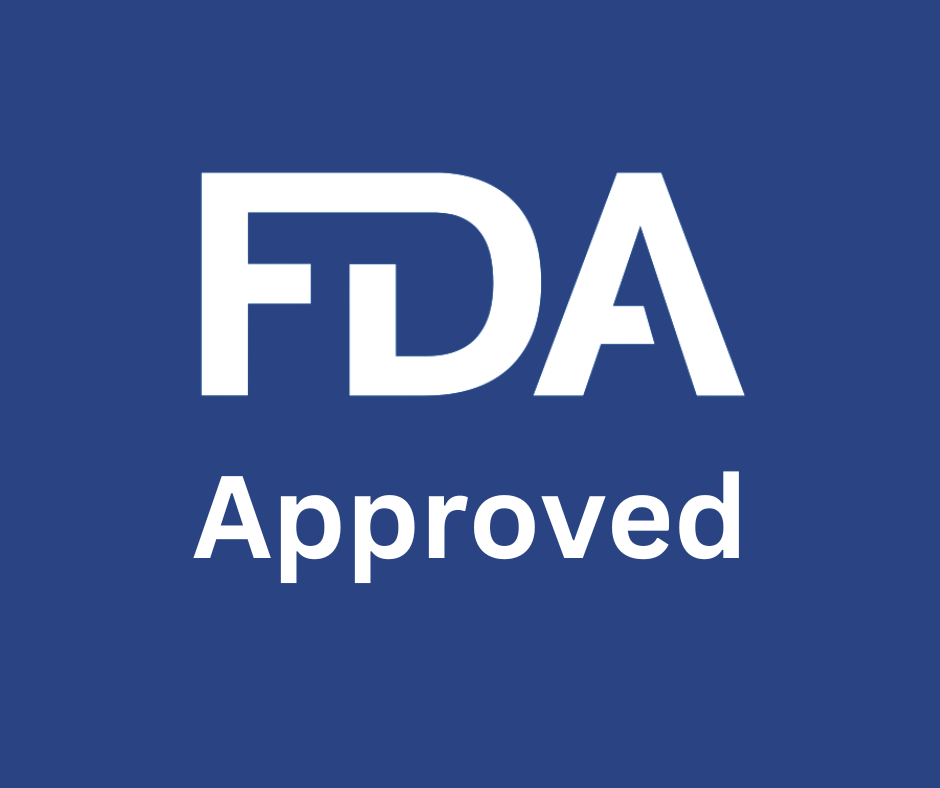On May 19, 2023, Epcoritamab-bysp (Epkinly, Genmab US, Inc) was granted accelerated approval by the US FDA for the treatment of relapsed/refractory diffuse large B-cell lymphoma (DLBCL) not otherwise specified, DLBCL arising from indolent lymphomas, and high-grade B-cell lymphoma after two or more lines of systemic therapy.
This approval was based on the results from the EPCORE NHL-1 trial (NCT03625037), an open-label, multi-cohort, multicenter, single-arm trial that evaluated the efficacy and safety of epcoritamab-bysp in patients with relapsed or refractory B-cell lymphoma. The trial included a total of 148 patients with relapsed/refractory diffuse large B-cell lymphoma (DLBCL) NOS, DLBCL arising from indolent lymphomas, and high-grade B-cell lymphoma after two or more lines of systemic therapy, including at least one anti-CD20 monoclonal antibody-containing therapy. The dosing regimen starts with step-up dosing in Cycle 1 (0.16 mg on Day 1, 0.8 mg on Day 8, and 48 mg on Day 15 and Day 22), followed by fixed dosing of 48 mg weekly during Cycles 2 through 3, every other week during Cycle 4 through 9, and then every four weeks on Day 1 of subsequent cycles. The recommended regimen for epcoritamab-bysp consists of subcutaneous administration in 28-day cycles until disease progression or unacceptable toxicity.
The main efficacy outcome measure was the overall response rate (ORR) determined by Lugano’s 2014 criteria. The ORR was 61% (95% CI: 53, 69), with 38% of patients achieving complete responses. Among responders, the estimated median duration of response (DOR) was 15.6 months (95% CI: 9.7, not reached).
The most common side effects observed in patients receiving epcoritamab-bysp were CRS, fatigue, musculoskeletal pain, injection site reactions, pyrexia, abdominal pain, nausea, and diarrhea. The most common laboratory abnormalities (≥10%) included leukopenia, lymphopenia, neutropenia, anemia, and thrombocytopenia. The prescribing information for epcoritamab-bysp includes a boxed warning for severe or life-threatening cytokine release syndrome (CRS) and life-threatening or fatal immune effector cell-associated neurotoxicity syndrome (ICANS) [1]. Warnings and precautions also include infections and cytopenias [1]. In the trial, CRS occurred in 51% of patients, ICANS in 6%, and serious infections in 15% [1]. Most cases of CRS were Grade 1 or 2, and most cases of ICANS were Grade 1 or 2, with a small percentage being Grade 5. The medication should only be administered by a qualified healthcare professional with appropriate medical support to manage severe reactions such as CRS and ICANS.




